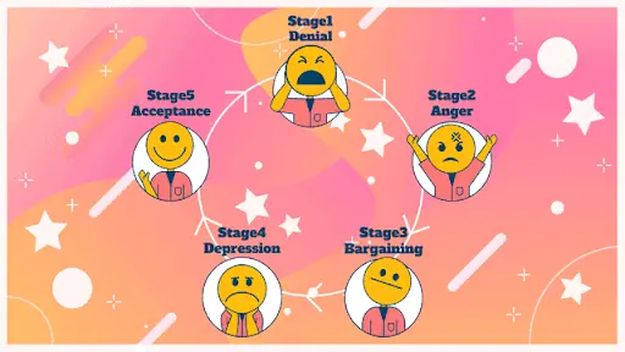- in United States
- in United States
Labour Law in a Nutshell January 2025
DISPUTE PSYCHOLOGY: How do we think and respond to workplace problems and disputes?
We spend most of our lives at work and a lot of it just thinking about work...often worrying about it.
Work defines our daily routines, our quality of life, our self-esteem, our sense of purpose and our relationships with families and communities. We're perpetually trying to cope with stuff and to keep some semblance of control in our lives.
So, when a problem crops up at work, it can suddenly feel like your whole life is about to go down the drain. The problems take many forms: your boss accuses you of misconduct or poor performance or you're just so stressed out by a toxic working environment you can't face another day of it.
The emotional turmoil you experience can be overwhelming. It's like the trauma and grief you feel when you lose a loved one or when someone betrays your trust. How will I survive this?
The Swiss-American psychiatrist Elisabeth Kübler-Ross conceived five stages of grief – denial, , bargaining, depression and acceptance.
We experience them when we're confronted with a sudden shock. We don't all experience them with the same intensity but more or less in the same order.

You can think of these stages to help you understand the cycle of emotions you experience when faced with a serious problem at work.
Fictional Case Study:
Let's imagine you've been working for your current employer for 10 years. You've got a clean disciplinary record. You have a reputation as a star performer and your career prospects are looking great. You're 40 years old and married with two young kids at school. You bought a family car on credit and a house in the suburbs with a hefty bond. Even though you earn a decent salary you've got big fixed monthly costs and there's not much cash left at the end of each month to pay all the bills. Sound familiar?
Your employer issues you with a Notice of Suspension pending the outcome of an investigation about serious misconduct involving dishonesty.
The five stages immediately kick in and unfold something like this –
- Denial: It's not true! Why's this happening to me? The instinct is to hide whatever hard truths there may be in the accusations. It's a mental defense mechanism to protect us from the threat.
- Anger: It's not fair! They've already decided to dismiss me! When the hard truths start sinking in, we move out of denial. We vent our fears and frustration onto others and ourselves by blaming others for our predicament.
- Bargaining: There must be a way out of this! They'll change their minds when I tell my side of the story!When the anger subsides, we start thinking a bit more rationally about the state of play. And we hope the worst outcome won't happen.
- Depression: They're definitely going to dismiss me! I'll never get another job! We realize we've been avoiding the reality of the situation – and that "bargaining" is useless. Super-stress kicks in again and we know there's no reason to run away.
- Acceptance: Okay, this is really happening! What's the best way to deal with it? The depression fades and we start thinking of practical steps to defend ourselves or to try and resolve the problem by discussion and agreement.
Personal vs Work Lives
There's a big difference between dealing with grief in our personal lives and at work. Unlike our personal lives there're known rules, processes and legal principles to follow in the workplace to deal with the problem. They offer a helpful structure in which to manage your emotions and to formulate your strategy. We'll cover them in Part 2 of this Nutshell.
TIP: The five stages of grief is a useful model to help us understand the typical sequence of emotions we could experience when confronted by a shock at work. It can give us hope that we'll survive whatever comes next. And we can formulate the best strategy to deal with it for the best possible result.
The content of this article is intended to provide a general guide to the subject matter. Specialist advice should be sought about your specific circumstances.

